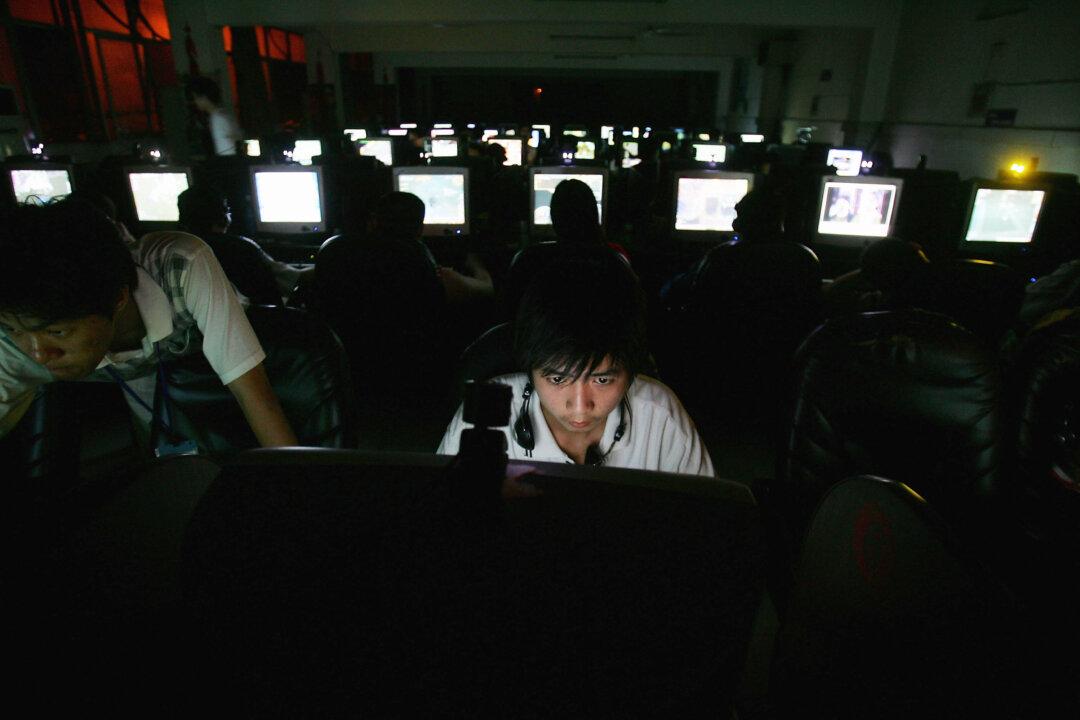Chinese citizens are now more wired than ever—and by extension, much more susceptible to control by the Chinese communist regime.
According to a recent report by the China Internet Network Information Center (CNNIC), China now has 688 million Internet users, or 50.3 percent of its 1.37 billion population. This is the first time more than half of the country’s population is online since figures were recorded in 1997.
Nine in ten Chinese Internet users, or 620 million people, log on to the web through mobile devices by the end of 2015, the report says. At 71.5 percent, smartphone users accounted for the bulk of mobile Internet access in China.
China leads the world in Internet users by a comfortable margin—the United States, which occupies the second spot, has only over 279 million Internet users in 2014. With such a high Internet penetration rate, it’s little wonder that the likes of Facebook’s Mark Zuckerberg and Google’s Larry Page and Sergey Brin are eager to get in the Chinese regime’s good books and bring their business operations to mainland China.
By getting connected, however, Chinese citizens are in fact leaving themselves open to the Chinese Communist Party’s population control measures.
The Chinese regime employs over two million Internet police to prune, curate, and censor public opinion online, according to a report by the Beijing News, a semi-official media outlet, in a 2013 report. Last July, the regime passed a new, sweeping cybersecurity law that allows it to tighten its grip over the technology and Internet industries. A month later, the regime announced that it would set up cybersecurity police units at major Internet companies and websites.
And this month, Chinese netizens likened a new volunteer Internet police group to “modern-day Red Guards” and even “Nazi thugs” because its members are essentially informants for the public security bureau of Beijing.




